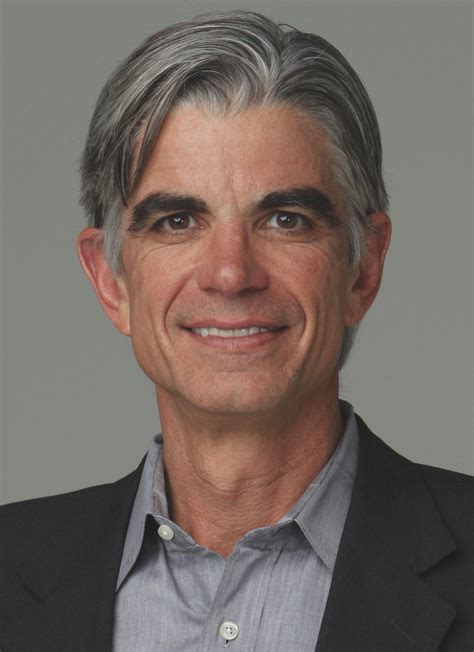A Quote by Tom Shales
Like sugar and, oh - let's say the most tabloidy and gossipy reality television programs - credit is, for millions, genuinely addictive.
Related Quotes
Some of the greatest reality television we ever had was the moon landings. When you think about it, that was human emotion and people, unscripted, working with each other - and millions and millions of people around the world, glued to their television sets to share real-time in a brand new, fascinating human experience.
Reality television is to television what marble and gold are to real estate. The point is to dispense with the idea of taste. It's all id. The more unrestrained the better. We all know that 'reality' in reality television is not real. That anybody who would participate in reality television is a fake. But pretending otherwise makes them real.
Most Americans living below the official poverty line own a car or truck - and government entitlement programs seldom provide cars and trucks. Most people living below the official poverty line also have air conditioning, color television, and a microwave oven - and these too are not usually handed out by government entitlement programs.
Cell phones and other electronic devices are by no means unheard of in low-income neighborhoods, where children would supposedly go hungry if there were no school-lunch programs. In reality, low-income people are overweight more often than other Americans.
All those awkward moments - that's on the cast for doing such an amazing job. I think it was funny on the page, but when they did it, you definitely went, "Oh!" Watching it with a crowd that, like you said, was not expecting it to be funny, but then genuinely finding it funny, is totally a credit to their performances.
I have quite a bit of experience reporting on corporate behavior, both doing it with independent operations in early in my career, in the underground press, to magazines like 'Rolling Stone,' to regional newspapers and television, and television news programs, to papers like the 'New York Times' and public television.
Take a cup of coffee, keep adding sugar until you reach the point that you like it the most, and then when you add more sugar, you actually like it less. Well, the food industry knows that, and they spend huge amounts of effort finding the perfect spot, not just for sugar, but for fat and salt, as well.
In the mid-1980s, however, the Estonian TV programmers came up with a clever idea: they asked Moscow for millions of rubles to make propaganda in Estonia to fight the Finnish programs' popularity. They got millions from the government, but what they made was not propaganda at all! They simply made good, entertaining programs - no one in Estonia recognized them as propaganda, only Russia thought it was, so they got away with it. Of course, Russia provided their own propaganda programs, but Estonians knew to avoid them.






































